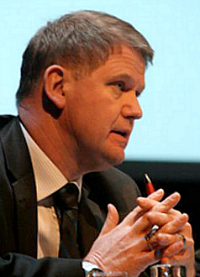I am often asked about Dads,and how to get them involved in school life ,and supporting their child with special needs and disabilities. Schools need to think about their male engagement strategies. What appeals to Mums , may not necessarily appeal to Dads.
I hope this article will stimulate some thinking in your school or service. Further information can be found in a chapter on ‘Fathers’ in a book I edited, “Families in Context” ( David Fulton publishers.)
